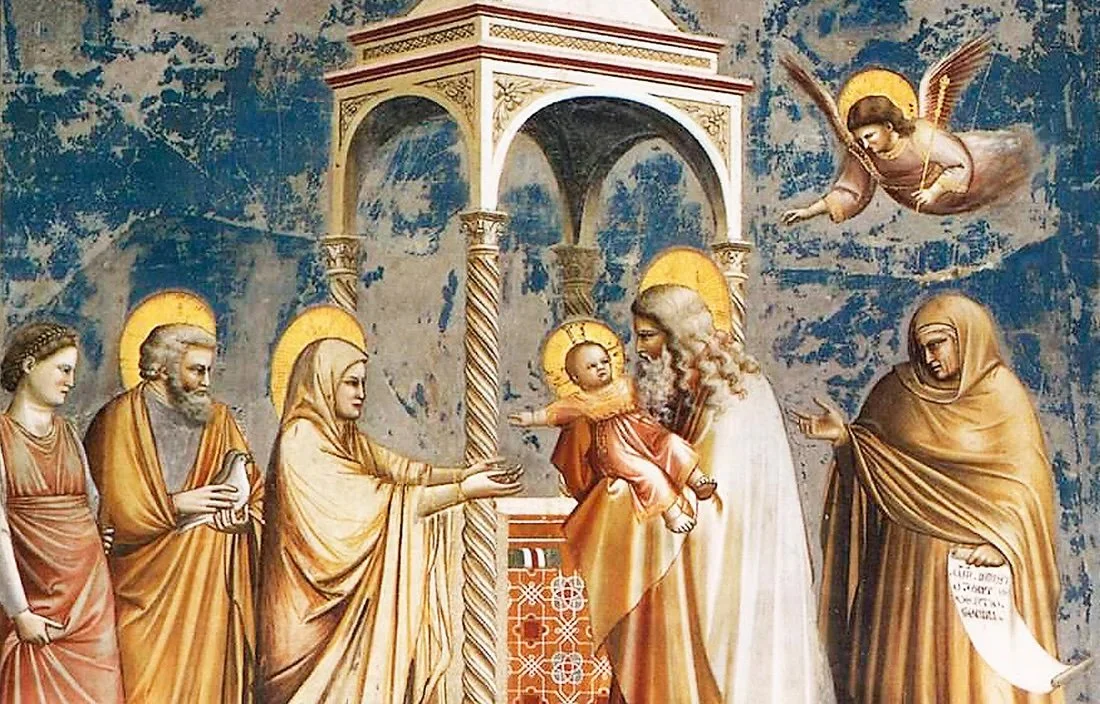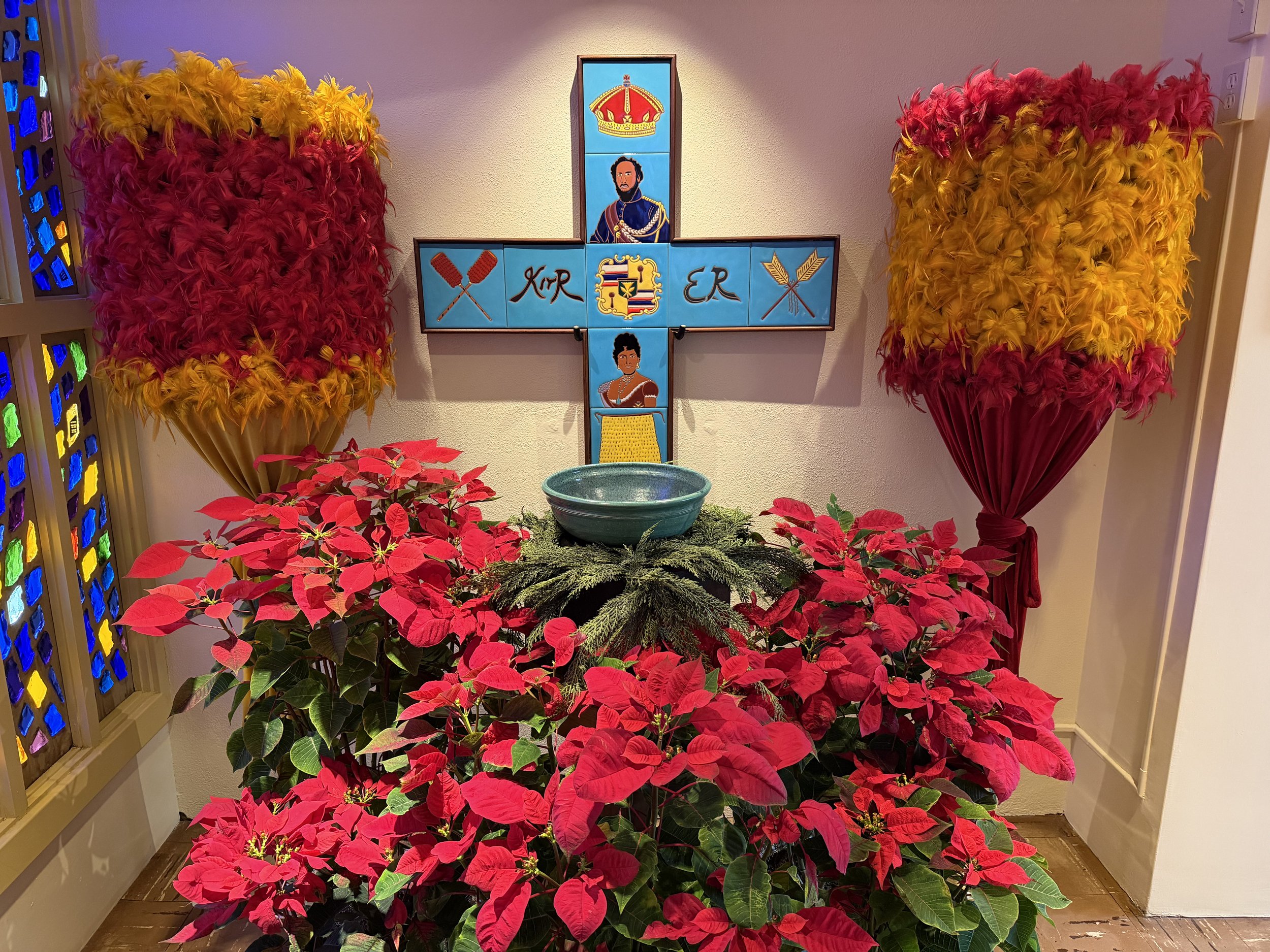From the Rector: Anamnesis
/Every Sunday the catechumens meet at 4:00 pm, and for the month of January our gatherings have focused on the Eucharist, also called the mass. For the past two Sundays we have been studying the Eucharistic Prayers of our prayer book. Two weeks ago I diagrammed for them all the elements that make up a Eucharistic Prayer using Prayer A. What are the Words of Institution? What is the Sanctus? What does sursum corda mean? Where is the doxology? Where might the oblation be? Is there a thanksgiving for redemption? What does anamnesis mean? Last Sunday the catechumens had to answer all of these questions by diagramming Prayers B and D. By doing this these prayers gain a new meaning when heard at the mass. No longer are they simply words proclaimed by the priest. Now the catechumens have a new understanding of the prayers of consecration that they might hear at any given mass.
The most interesting topic we discussed was anamnesis. For those catechumens in high school the best way to understand this concept is to say it is how the church does time travel. Anamnesis refers to the memorial aspect of the Eucharist - "do this in remembrance of me." It is not simply remembering the Last Supper however; it is actually something much more vibrant. We do not simply remember our Lord blessing the bread and wine. Rather we actively participate in the Paschal mystery of our Lord's death and resurrection. The English word "remembrance" hardly does the concept justice. When we have communion together, all of us travel to the cross and the empty tomb. We are transported to our Lord's one and only sufficient sacrifice for all time and places. We could also say that the events of Calvary and Easter fast-forward to us. In other words, all time stops, or all Eucharistic moments converge, and we become one with Christ at the cross and Easter, and we become one with every other community that celebrates the Eucharist. We are not merely remembering a past event. We are actively involved and participants in the Easter mystery of our faith. We tend to think of time as linear, but in the church, all time moves toward Easter and our Lord's saving sacrifice. This is the time travel we all do when we receive the Body of Blood of our Lord.
For the month of February our focus during the catechumenate sessions focuses on Sacred Scripture. Of course no one can teach the treasures of the Bible or the Eucharist in a single month. These catechumenate sessions are simply chances to excite people into doing more on their own. Please keep our catechumens and their sponsors in your daily prayers. We will continue to pray for them on Sundays during the Prayers of the People.







